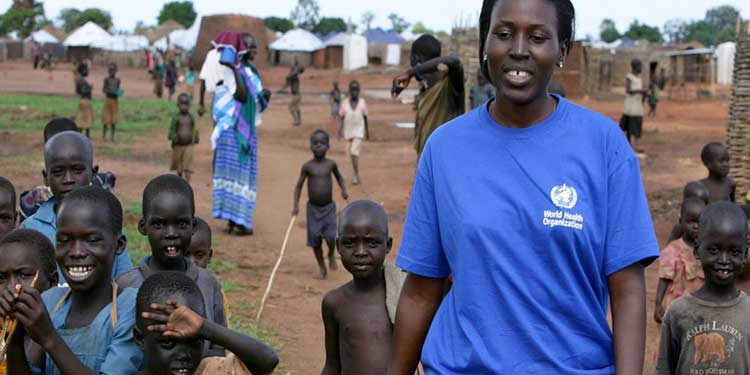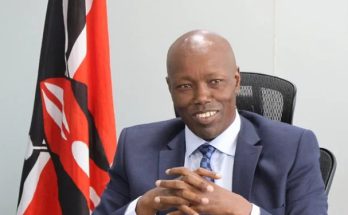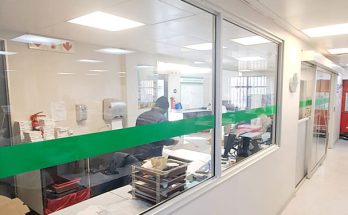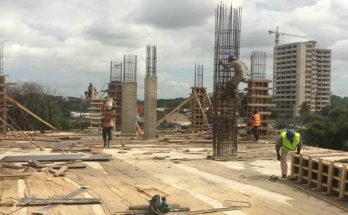 A three-month-old initiative called the WHO Investment Round, which aims to generate sustainable financing for the organization at the centre of the global health architecture, received pledges totalling over US$ 45 million from 14 African countries and numerous partners in an unprecedented show of unity in support of the World Health Organization. Heads of state and government from all over the continent emphasized the significance of funding global health and maintaining a robust World Health Organization (WHO) during the commitments made during the WHO Regional Committee for Africa.
A three-month-old initiative called the WHO Investment Round, which aims to generate sustainable financing for the organization at the centre of the global health architecture, received pledges totalling over US$ 45 million from 14 African countries and numerous partners in an unprecedented show of unity in support of the World Health Organization. Heads of state and government from all over the continent emphasized the significance of funding global health and maintaining a robust World Health Organization (WHO) during the commitments made during the WHO Regional Committee for Africa.
In order to enable WHO to more effectively carry out its mandate and accomplish its main goals of promoting, providing, and protecting health and well-being for everyone, the countries and partners joined together for this historic event with the goal of funding the organization in a sustainable manner. The nations that were present were South Africa, the United Republic of Tanzania, Botswana, Cabo Verde, Chad, Congo, Ethiopia, Gambia, Mauritius, Namibia, Niger, Rwanda, Senegal, and the Seychelles.
A number of partners, including the WHO Foundation, the Bill & Melinda Gates Foundation, the World Diabetes Foundation, Roche, Kuwait Fund for Arab Economic Development, and the Helmsley Charitable Trust, joined Member States in pledging support to the organization later in the year.
Dr. Matshidiso Moeti, WHO Regional Director for Africa, stated, “A strong, predictable, and sustainably financed WHO is essential for our region and the world to meet the multiple health threats we face; and support the prevention of disease based on the vast evidence at our disposal.” “Every commitment and every alliance matters. We can all work together to create a future where everyone has access to health and well-being.”
In the upcoming months, there will be significant global pledge events as part of the WHO Investment Round. Find out more about the investment round for WHO.
The Investment Round was introduced at the May 2024 World Health Assembly with the goal of generating contributions that are predictable at the beginning of the four-year budget cycle to facilitate strategic decision-making, resilient in that they will come from a larger, more diverse set of donors, and flexible in order to align with WHO’s strategy as approved by its Member States.



